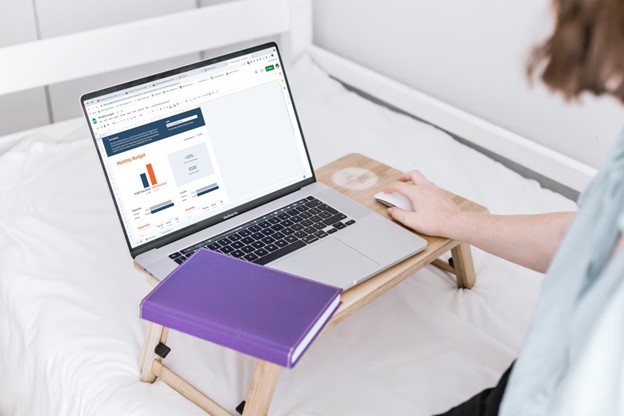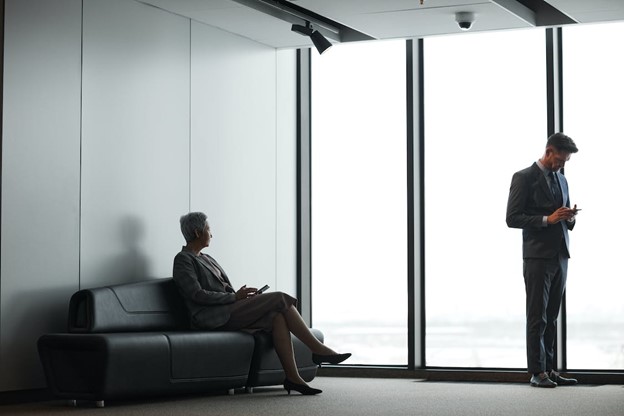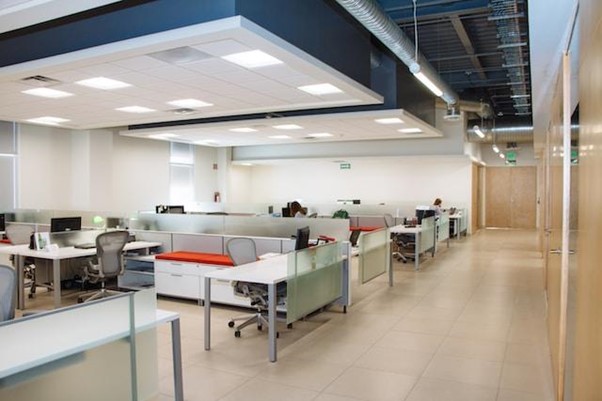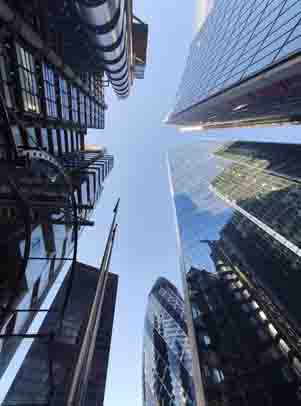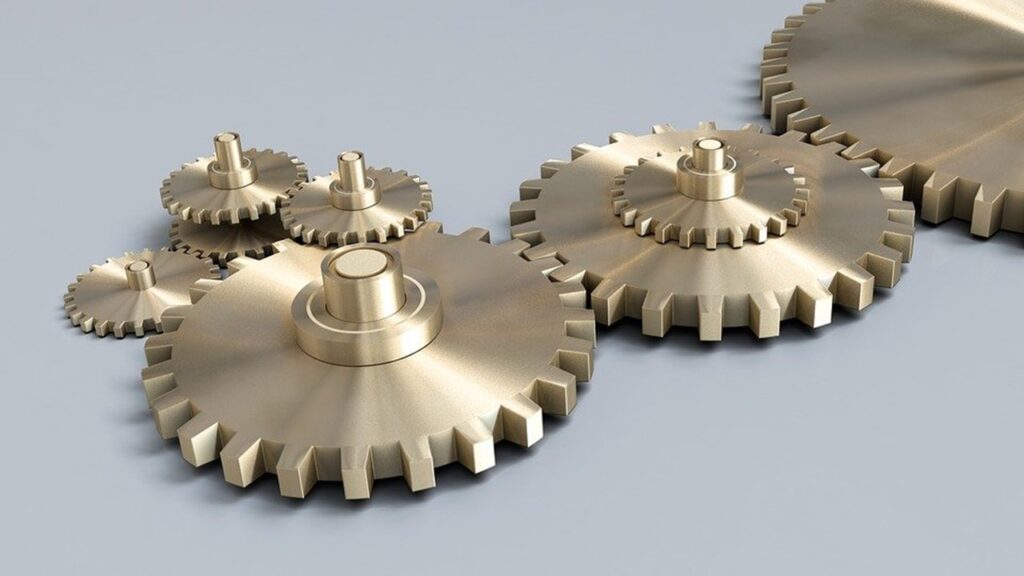My blog focuses on Business/Entrepreneurship is Technology. One of the key aspects of having a commercial premises is choosing the right heating systems. The following contributed post is entitled, A Guide To Choosing The Right Heating System For Your Commercial Premises.
* * *
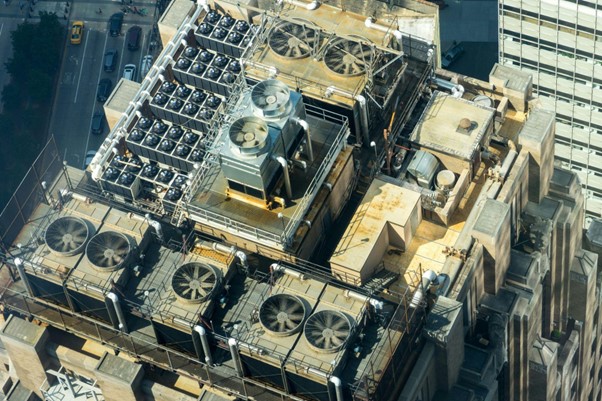
Choosing the right heating system for your commercial premises is key to the comfort of all employees and visitors. There are a variety of different heating systems that you can choose from. This post offers some tips on selecting the right system for your company.
What are your commercial space needs?
First you need to consider the needs of your commercial space. Think about the size, layout and usage of your building and how this may impact your requirements.
Large empty spaces will need much more powerful heating systems, whereas smaller spaces may need much less powerful systems. Features like zoned heating could meanwhile allow you to individually heat certain rooms, while some heating systems are also quicker heating up (which could be important for spaces where customer comfort is a priority).
Different heating systems will use different amounts of energy. More energy-efficient systems could be worthwhile looking into if saving money and being eco-friendly are important to your business. However, you also need to make sure your heating system is capable enough to heat your workplace so that you don’t get complaints about the temperature from employees and customers.
What types of heating systems are used for commercial use?
A variety of different heating systems are used for commercial use. Some of the most common systems include:
Traditional boiler system
Traditional boiler systems use water or steam to distribute heat through pipes. Such systems are typically powered by gas or electricity. They are a reliable system in multi-story buildings that already have plumbing such as radiators in place. These systems are also often relatively quiet and provide even heat distribution. There is however a risk of leaks and they can take a while to heat up larger spaces.
HVAC system
HVAC systems combine heating and cooling by blowing air through ducts. They can be heated up using a furnace or by using electricity. Such systems do have the drawback of circulating allergens and dust, however purifiers can be integrated into them to improve air quality. These systems offer faster temperature changes than boiler systems, but are also noisier.
VRF/VRV system
This is an advanced form of HVAC system that uses refrigerant to provide heating and cooling to multiple zones. These zones can be independently controlled. Such systems offer precise temperature control while being energy-efficient, and often don’t need as much ductwork as traditional HVAC systems, making them easier and cheaper to install.
Radiant heaters
Radiant heaters emit infrared waves to directly warm people and objects in a similar way to how the sun works. Benefits of these systems include being cheap to install and quiet to run. They are commonly used in high-ceilinged environments like gyms and loading docks, however they are often used as supplementary heating systems rather than primary heating systems.
Solar heating
For those looking for a sustainable heating system, solar heating could be worth looking into. These systems harvest electricity from the sun and use this to generate heat. While relatively expensive to install, these systems pay for themselves in the long run (no need to use mains energy, so no energy bills!) and there are incentives that can offset costs. While solar heating systems are most efficient in areas with clear skies, they can be paired with storage batteries that can hold electricity for overcast days.
How to tailor the right heating system to your setting?
It’s important to consider your industry and the unique demands that your sector requires. Some industries have stricter requirements or expectations when it comes to heating.
For example, school heaters must prioritise safety and even distribution to keep classrooms comfortable without distractions. Boiler systems and HVAC systems are both common in educational settings. Sports halls may need separate heating systems due to being much larger spaces.
In settings like hotels, zoned systems like VRF/VRV are often preferred. Guests often have the option to individually control the heating in their room. Meanwhile, lobbies and spas may need to have their own custom heating systems to accommodate these spaces.
Meanwhile, in offices, heating needs to be optimized to encourage productivity. Solutions like radiant heaters can often be useful in meeting rooms where it’s important to reduce noise. HVAC systems are meanwhile commonly used in office buildings because they can provide rapid temperature changes.
As for large warehouses, powerful heating systems may be required that are able to adequately heat up the whole space evenly. This could include a combination of HVAC and radiant heaters.
How does maintenance and installation vary?
The cost and difficulty of installing a new heating system often depends on what the existing system is in place. Boiler systems are ideal if you already have existing pipework in place, but expensive to install if you don’t already have the plumbing installed. Similarly, installing HVAC can be expensive if you don’t already have ductwork in place.
Maintenance costs can also vary depending on the heating system. HVAC systems tend to cost more to maintain than traditional boiler systems because of the range of components, but it depends on how complex the system is. Both HVAC systems and boiler systems can last up to 25 years before needing to be replaced, but it depends on whether they are regularly inspected and maintained within this period.
It’s worth noting that some heating installation companies will provide warranties. This could entitle you to free inspections and repairs for the first few years – saving you some money in the long run.
Making the final decision
Choosing the right heating system for your commercial premises boils down to balancing needs, budget and practicality. Consider what existing system you have in place and the needs of your industry requirements.
It could be worthwhile hiring experts to help you choose the right system – there are heating installation companies that can help inspect your workplace and recommend the best system. In some cases, hybrid systems may be worthwhile which include elements of boiler heating and HVAC for different types of space.


